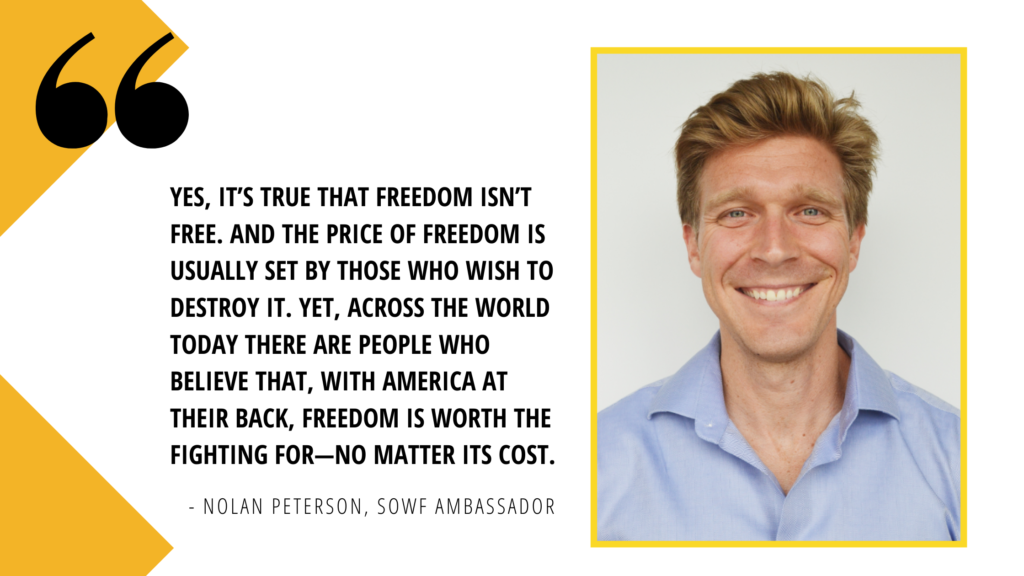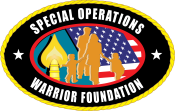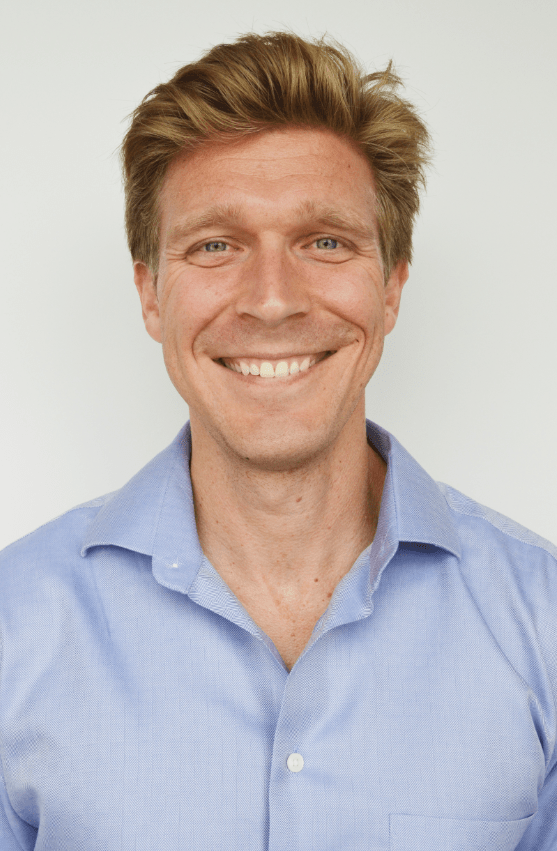
Near sunset one evening in the summer of 2016, I was on the rooftop of a Kurdish peshmerga fort in the front-line town of Gwer, just south of Mosul. I stood behind a sand bag berm beside Kurdish Gen. Omar Hama Ali Farag, and we watched through binoculars as ISIS fighters scurried between their positions a mile away across the no man’s land of a dry riverbed.
There they were. The black-clad foot soldiers of the terrorist army responsible for so much death and destruction. Disciples of the twisted group that had brutally killed the journalist James Foley, who was my friend.
Small in stature, with a trimmed salt-and-pepper mustache, Farag wore a black and white turban and the traditional Kurdish sal u sepik uniform. The general paced back and forth among his men with his hands clasped behind his back. At times he had a fatherly air. In other moments, Farag’s eyes narrowed and his face transformed into a remorseless expression I have only seen among soldiers in combat.
Then jet noise snarled overhead. I looked up and saw the arrowhead shape of two F-16s scorching across the clear blue sky.
“That’s the sound of God,” the Kurdish general told me.
Farag, like many older peshemerga soldiers, had survived Saddam Hussein’s al-Anfal genocide in the late 1980s. More than 180,000 Kurds died in those attacks—many due to chemical weapons dropped from Saddam’s fighter planes. The sounds of jet engines had thereafter stirred terror among the Kurds who remembered al-Anfal. Years later, however, during the war against ISIS, the growl of American warplanes inspired an altogether different feeling.
“Now the sound of the planes makes me happy,” Farag told me. “I can’t explain how important the U.S. planes are for us. If we can’t hear the sound of the planes, we can’t stay here and fight.”
As the U.S. fighter jets roared above, the Kurds pointed to the sky, laughing and smiling. Empowered, a few soldiers fired potshots toward the enemy lines. The sun was low, and the sky was clear. The jets were clearly visible. Then, the thunder of bombs. Puffs of tan dust and smoke rose where the enemy had once been.
A flock of startled birds took flight. I felt satisfied. I thought back to my previous profession—when I was an Air Force Special Operations pilot in Iraq and Afghanistan. I knew what war looked like from up there. Now, I knew what it looked like from ground level, among those brave fighters who depend on U.S. airpower to survive.
“Allahu akhbar,” Farag said.
“Allahu akhbar,” I agreed.
As the sun dipped below the distant, ancient hills, we stood together and listened to the sound of God.
Yes, it’s true that freedom isn’t free. And the price of freedom is usually set by those who wish to destroy it. Yet, across the world today there are people who believe that, with America at their back, freedom is worth the fighting for—no matter its cost.
As a war correspondent in Ukraine, I’ve seen this firsthand.
Under Russian artillery fire in the trenches in eastern Ukraine, I’ve seen Ukrainian soldiers with American flags on their uniforms. They told me that flag symbolizes the freedom they’re fighting for.
For people fighting for their freedom, the promise of U.S. military support has long been a beacon of hope. And there are plenty of dark forces in this world held at bay by the simple fact that America is a friend worth fighting for.
I now truly appreciate how the U.S. military remains the torchbearer for our country’s most honorable values and a beacon of hope for people fighting for their freedom around the world.
That’s an important message to remember this Memorial Day, as America looks to the end of the war in Afghanistan — a war in which America’s Special Operations Forces played a crucial role.
As a war correspondent, I’ve been inspired to tell the stories of America’s Special Operations heroes. And as a support of the Special Operations Warrior Foundation — and now, I’m proud to say, an official SOWF ambassador! — I’ve gone to the ends of the earth to honor the legacy of our Special Operations warriors in a manner befitting their incredible spirit and character.
In 2010, for example, I ran a marathon across a glacier in the interior Antarctica to raise money for SOWF.
The catch? I had to do all of my training in Iraq. And it was my first marathon.
But it didn’t matter. I finished—and I felt strong.
In the end, you see, it wasn’t the power of my legs or lungs that carried me across the Antarctic Ice Marathon finish line. Rather, the true wellspring of my strength was the legacy of the heroes I was there to honor.
I knew they wouldn’t stop, so I never did.
On Memorial Day, I think we should all remember what generations of brave Americans have died fighting for. And to honor that legacy, I can think of no more worthy cause to support than the Special Operations Warrior Foundation.


